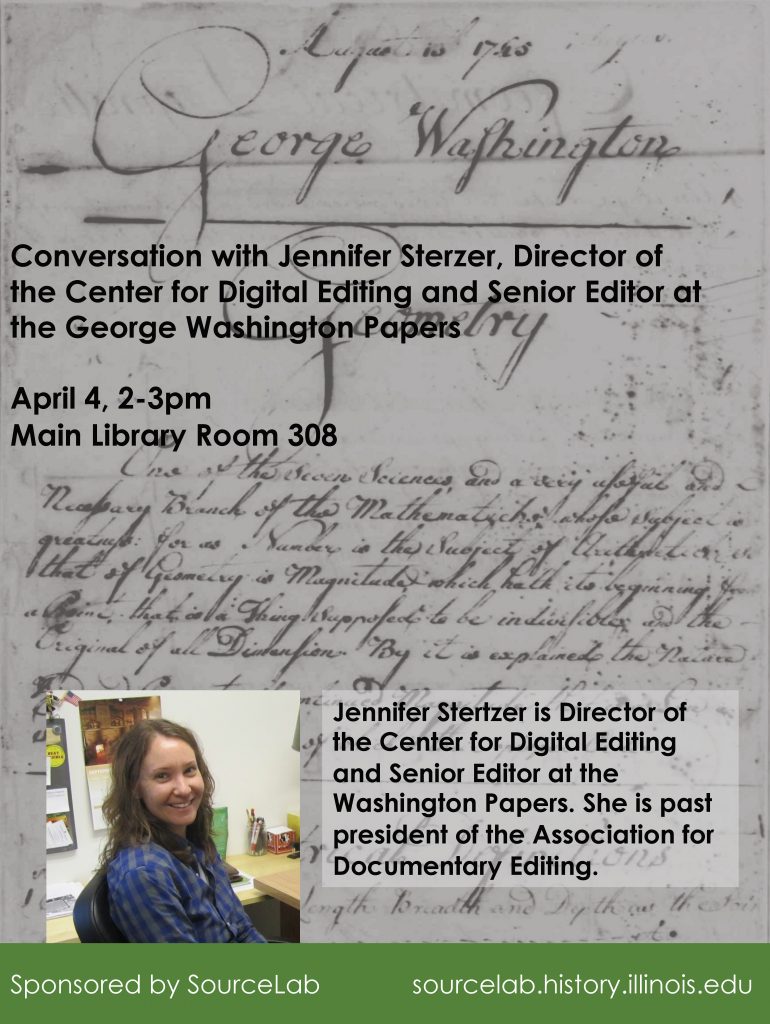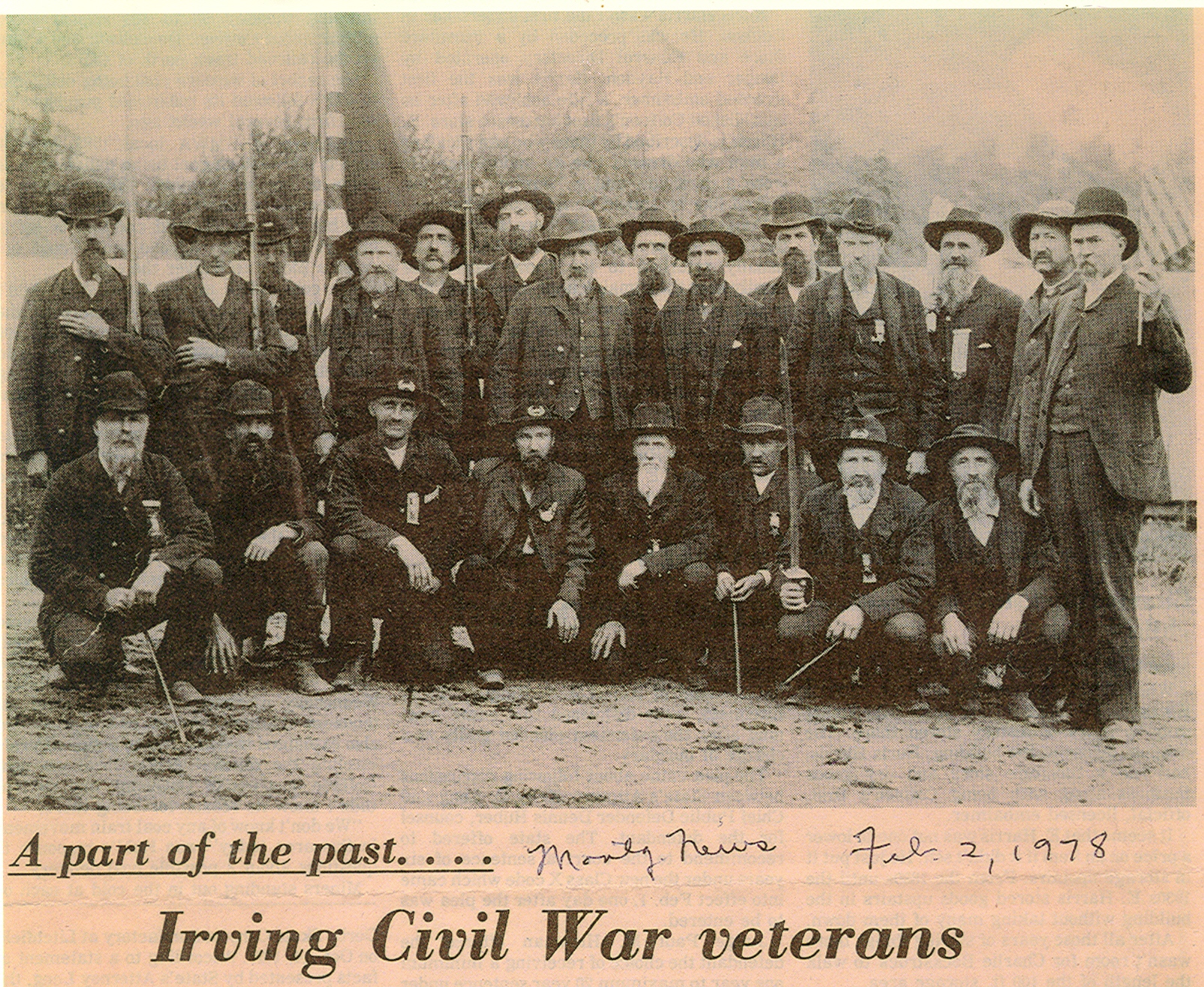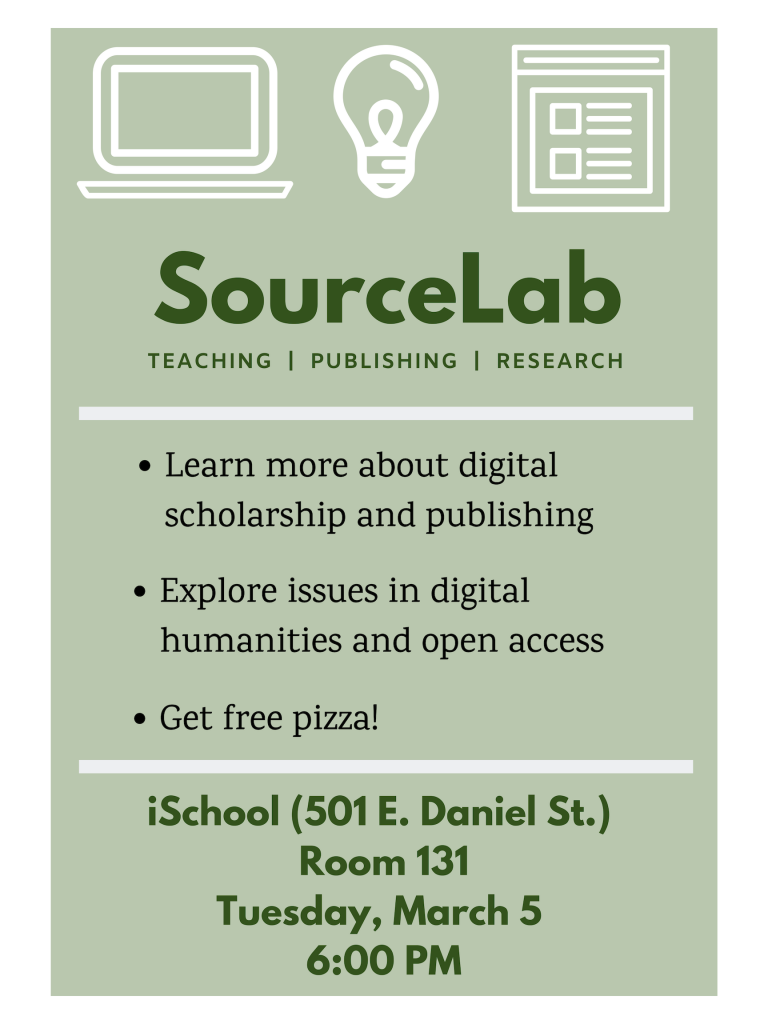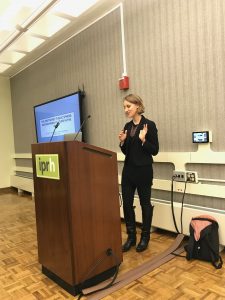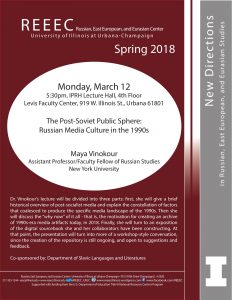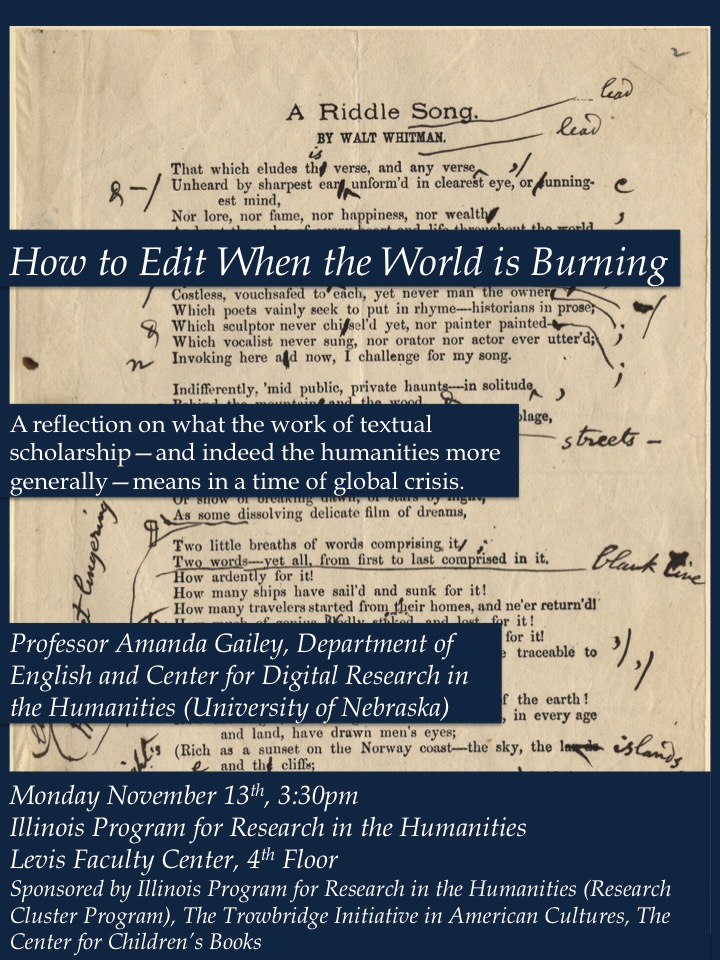Call for Proposals for the SourceLab Prototype Series
Theme: History of Media
Deadline: January 1, 2019 (for development during the Spring 2019 semester)
SourceLab is digital documentary publishing initiative sponsored by the Department of History at the University of Illinois at Urbana-Champaign. We train students to create reliable and free digital documentary editions of digitized historical sources, in response to the needs of teachers, researchers, and the public at large.
We seek digital materials connected to the history of media that educators want to use in their classrooms. This call is open to history of media materials from all time periods and geographic locations. Like the Internet, we are not limited to text: we’re interested in images, films, audio records, cartoons as well as quantitative and spatial data. Nor do we limit ourselves to items in English and can work to produce translations. We work with things that are already digitized—and have some existence online—as well as with works that need digital production.
We use this history of media call capaciously to include not only the more traditional forms, such as film, radio, music, television, books, magazines, and newspapers, but also media texts such as playbills, cartoons, ticket stubs, birth or death certificates, booklets or pamphlets, scripts, posters, advertising campaigns, and image and documents of media history—or something else you may find in your research.
We build scholarly frames around them to provide the contextual information you and your audience need. We describe the artifacts’ origins, provenance, current archival location, and publication history. We investigate their copyright status, and provide reliable citations. We stabilize them in the online world, to help make sure they won’t go away. All of our editions are peer reviewed by our Editorial Board and outside reviewers, to ensure their accuracy and scholarship. Our main limitation is one of scale. We are interested in shorter individual documents, not entire collections or archives. Such projects are more manageable for our student teams.
Do you know of a source you’d like to see produced into a digital edition? Do you need such an edition for your own work, as a professor, researcher, or student of history? Send us your ideas! We’re eager to work on projects for our special series.
For more information about the program, see our brochure, “SourceLab: An Idea.” For an early prototype of our work, see our edition of “Red Cross Work on Mutilés, At Paris” (1918).
Examples:
- You’ve found a rare book on GoogleBooks, that speaks eloquently to a theme of interest to you. You’d like your students to read 10 pages of it. But it’s 900 pages long, no one has heard of the author, the GoogleBooks version seems to be somewhat corrupted, and there are words in the text that need to be glossed or translated. We can clean all that up, make it easier to handle, provide the students the context they need to follow the section you’ve assigned, make sure the copy is legit, and also provide downloadable versions for offline reading or printing: for free.
- There’s a picture you’ve seen a million times online (a search reveals 1000 different copies), everyone knows it and talks about it, you’d like to use it in a lecture as well as in an article you’re writing. Its origins and current location are a total mystery, as is its title. It’s probably in the public record, right? We can help you with this, too.
- There’s a famous song that you’d like students to hear and study. There are 10,000 different versions on line. But which is the best for your purposes? And can they download it to their phones? And can its text be transcribed—or even translated—so that students can talk about the words as well as the music? Those are also questions we hope our editions can clarify.
- Your group has digitized a document, and you’d like to make it available for scholarly use, but you’re not sure how to publicize it or don’t have the resources. You also think having it in a scholarly series will help the public find it and take it seriously as “real history.” Sounds great and we’d love to take it on.
- You’ve produced a quantitative data set (say, a statistical spreadsheet or a GIS shapefile) from some historical sources. You think it would be great to make it available to the public. But you’re not sure you have time to do it, and in any case it might involve technical questions you’re not prepared to research or handle. That, and you think scholars would need to see the source with which you’ve been working, and you’re not sure it’s online. Publishing data is part of what we’re hoping to do.
These are just a few of the possibilities we are hoping this initiative can explore: and we’re very open to other ideas and suggestions as well. Write us at SourceLabUIUC@gmail.com.
